In Apollo 13, Flight Director Gene Kranz overhears two NASA directors discussing the low survival chances for the crippled spacecraft. “I know what the problems are Henry,” one of them says. “This could be the worst disaster NASA has ever experienced.”
“With all due respect Sir,” Kranz intervenes, “I believe this is going to be our finest hour.”
This focus on the positive characterises Kranz’s leadership. But why is it so important?
In The Happiness Advantage, Shawn Achor explains the different responses people have when things go wrong. When adversity strikes, we all take the opportunity to create our own ‘counterfact’ – an alternative scenario our brains create to help us make sense of it to ourselves. Your counterfact will determine whether you view events as fortunate, or unfortunate.
As part of his work, Achor presents business leaders with the following imaginary scenario.
You walk into a bank. There are 50 other people in the bank. A robber walks in and fires his weapon once. You are shot in the right arm.
In Achor’s experience, around 70% of people describe this as an unfortunate experience. Their response is typified by reactions such as: “There were 50 people in the bank, and I was the only one to get shot!”
But the other 30% have a different view. They believe they were fortunate (“I was only shot in the arm, it could have been much worse”, “There could have been far more casualties”).
Although the scenario is the same for everyone, our perception of it changes our experience.
Choosing a positive counterfact helps us to deal with ‘learned helplessness’. When life deals us a blow, or we fail, we can feel so hopeless that we respond simply by giving up.
In Apollo 13, NASA’s spacecraft is crippled to an extraordinary degree. It’s a situation never considered, never simulated, and many of the NASA team are in shock.
But Kranz never lets them become helpless. While the NASA Directors are focusing on a potential disaster, Kranz is focusing on something positive: the chance to demonstrate NASA’s collective genius by pulling off an unprecedented rescue.
You can imagine Kranz’s counterfact might go something like this: “The spacecraft could have exploded completely, and we could already have lost the crew. But we haven’t. There’s still a chance.”
So the next time you experience a blow, see what counterfact you can create to help focus on moving forward.
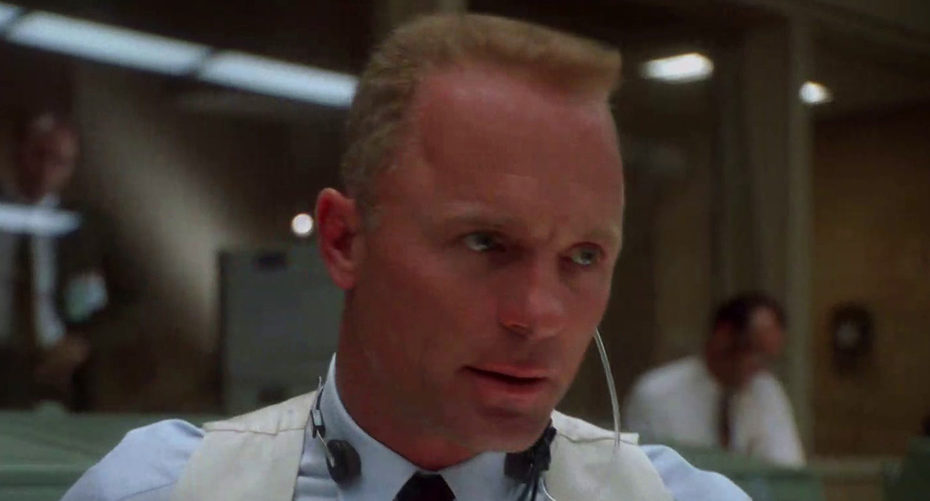
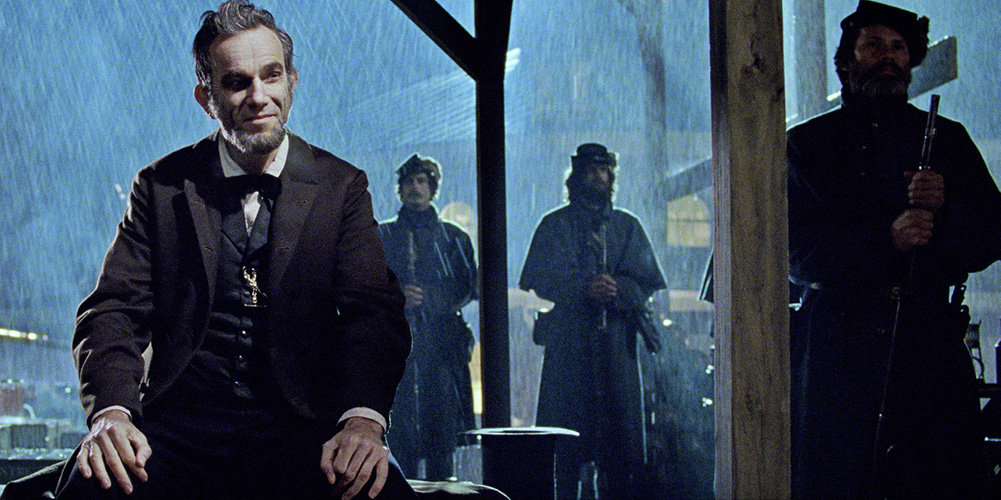
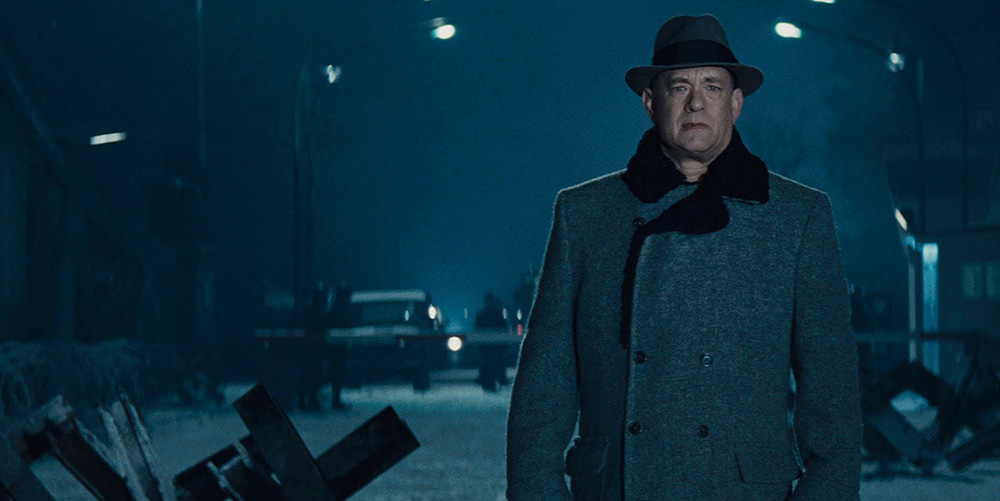
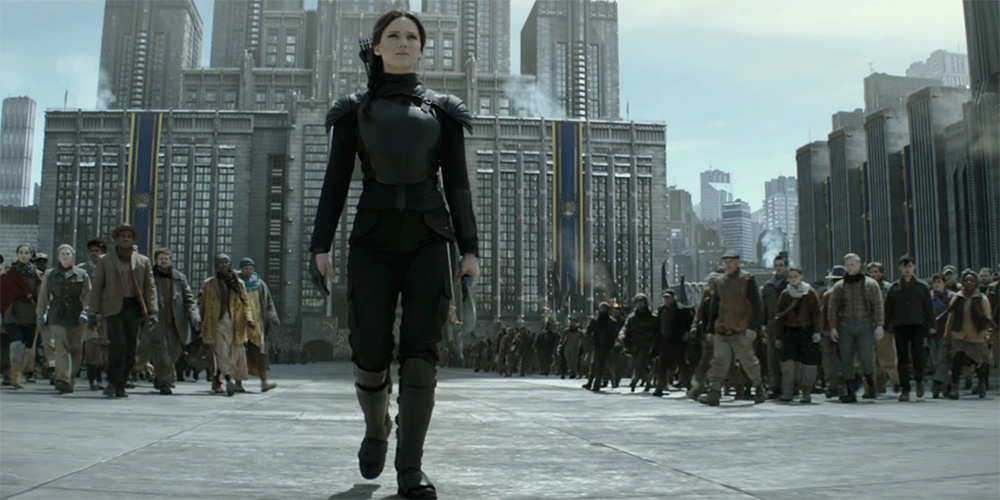
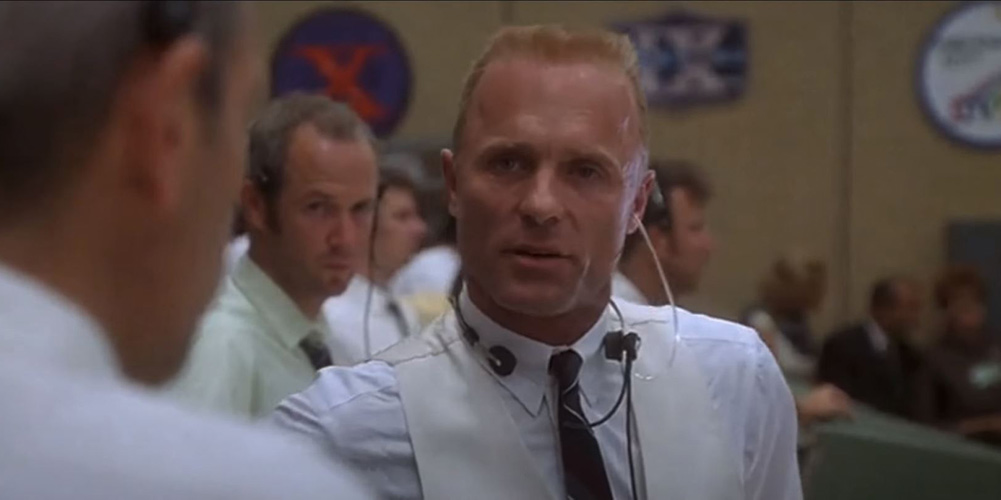
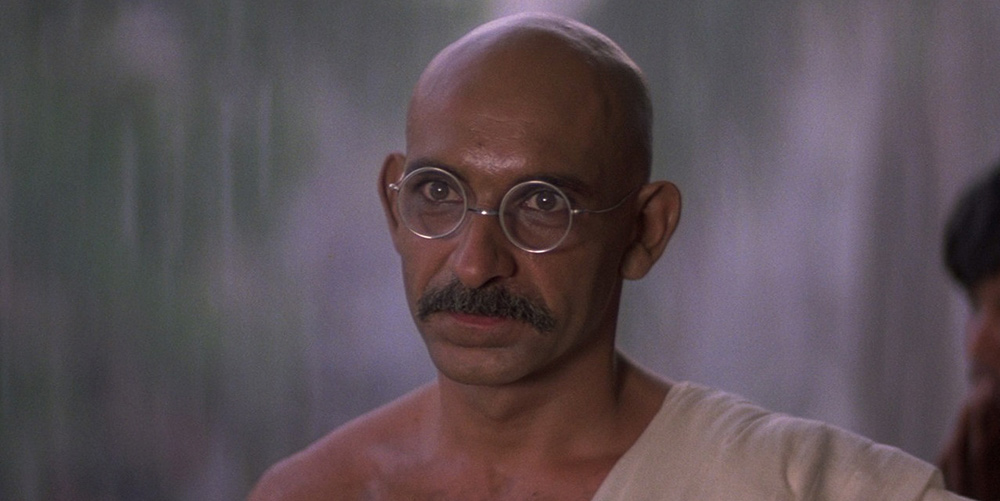
Thank you for creating this content! I couldn’t believe I googled Gene Kranz quotes for a work project and found this page using it in the same capacity that I’m trying to. I’m a Corporate Health Coach and I created a Stress Management presentation using Ed Harris’ quote as Gene Kranz: “With all due respect gentlemen, I believe this will be our finest hour.” I’m hoping to motivate the professionals entering a busy season to face it positively and with hope when others around them think the sky is falling.
Ah thanks Caroline! I love that you’re using it in that way. One of my favourites and I think a great illustration of how you can change your perspective.